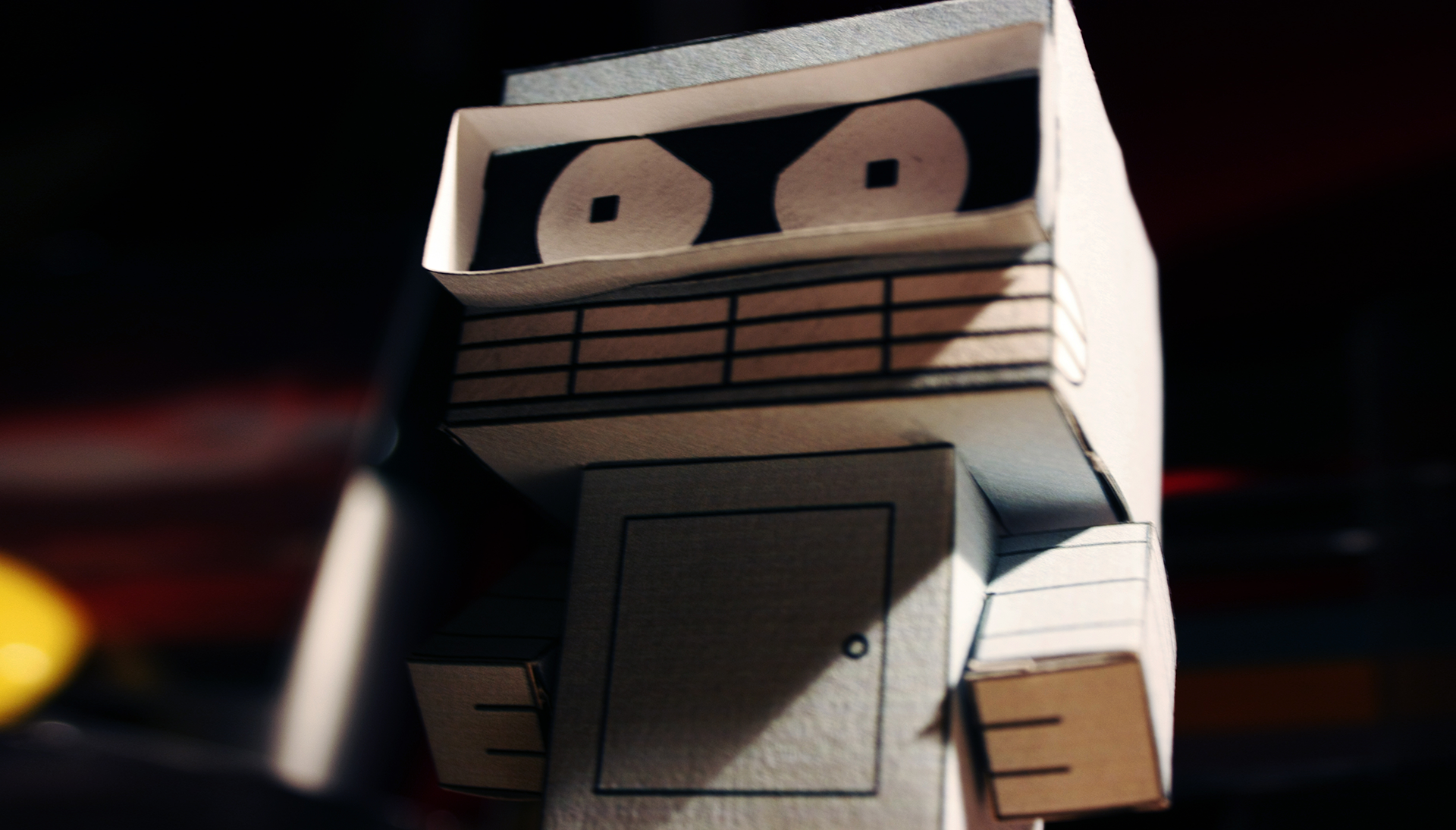We're going to have to change our laws to cope with robots
Again.

The world's legal systems are just now making peace with the Internet, more than 20 years after it was invented. But we're going to need to start that process all over again for robotics, argues law scholar Ryan Calo.
Calo, from the University of Washington, says that the rise of robots and artificial intelligence are going to cause an increasing number of legal problems. "Technology has not stood still," he wrote in an article in the California Law Review journal.
"The same private institutions that developed the Internet, from the armed forces to search engines, have initiated a significant shift toward robotics and artificial intelligence."
I am the Cyberlaw
He argues that robotics, for the first time, combines the 'promiscuity' of data with the capacity to do real, physical harm. "Robotic systems accomplish tasks in ways that cannot be anticipated in advance," he says. "Robots increasingly blur the line between person and instrument."
The difficulty is in assigning responsibility for what a robot does - especially for judges and juries unfamiliar with technology. "Courts that struggled for the proper metaphor to apply to the Internet will struggle anew with robotic," says Calo.
How to reshape the world's laws for such a task is an open question, of course. But Calo offers a guiding principle to begin with: "Cyberlaw will have to engage, to a far greater degree, with the prospect of data causing physical harm, and to the line between speech and action. Rather than think of how code controls people, cyberlaw will think of what people can do to control code."
Image credit: Adrian Tombu // CC BY 2.0
Sign up for breaking news, reviews, opinion, top tech deals, and more.
